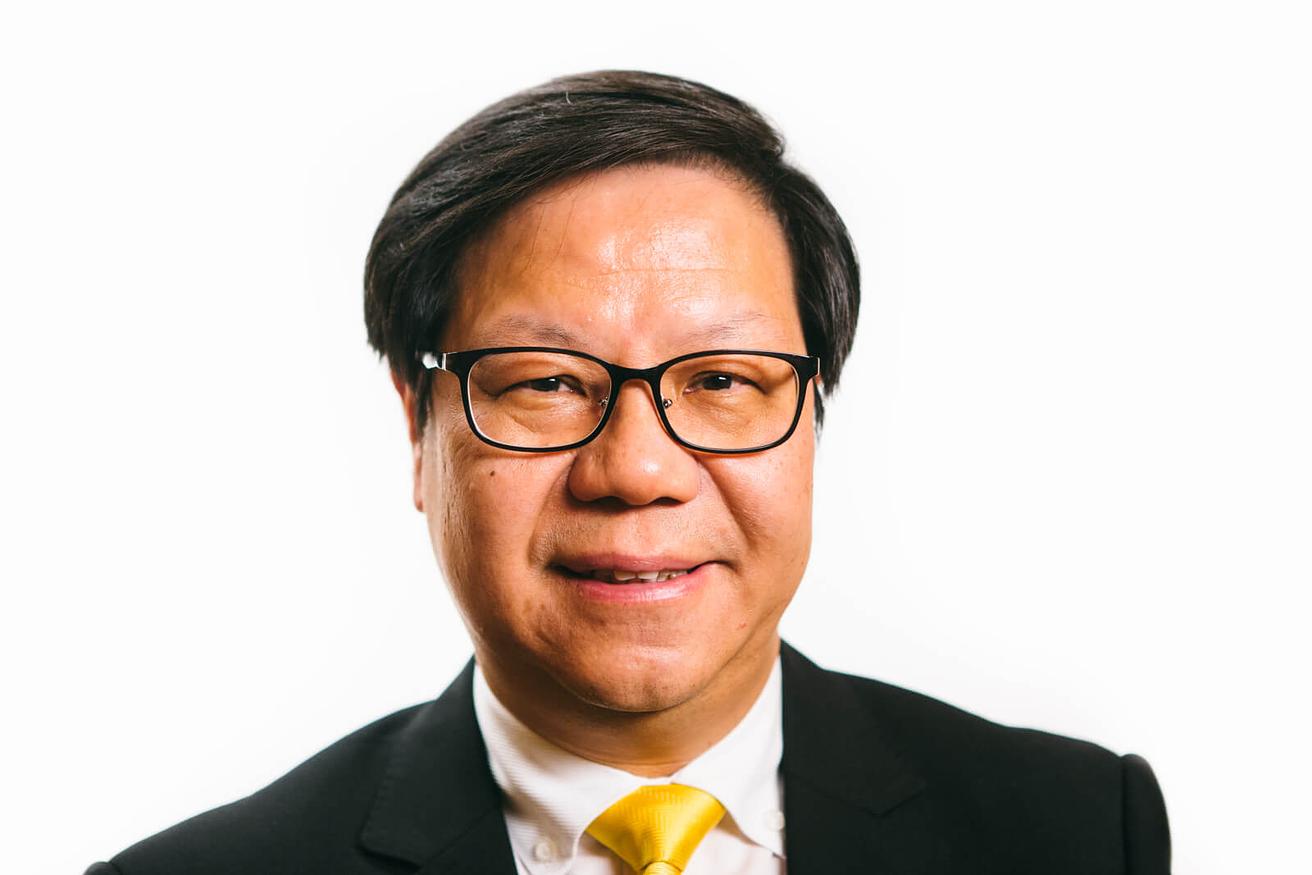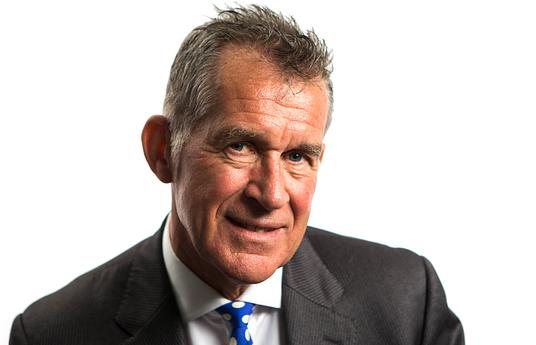Yam-Shing Leung
Yam-Shing Leung has worked in the field of vocational education in Hong Kong for over twenty five years and is the Deputy Executive Director of the Vocational Training Council (VTC).
Skills
What are the skills that students need to be learning in school?
I believe that the skills required in education today can be put into two categories:
The first is fundamentals, by which I am referring to languages, communication, numeracy and logic.
The second is ‘soft skills,’ which I believe to be skills such as management and self-management. These are hot topics in the education sector.
Teachers
What is the role of the teacher?
Teachers now are no longer the kind that teach on the blackboard or the whiteboard. Instead, rather than being facilitators, I would say they have to work with the kids.
They have to be role models when we are referring to soft skills, because things such as data and core skills can definitely be learned through the internet.
Environments
What would be the most exciting learning environment?
When referring to the learning environment of the future, the most important thing is to consider how students will interact with each other.
It doesn’t have to be in a physical place, but we do need the human interaction. Typically people are keen to say: ‘online collaboration,’ but how do we maintain human interaction?
Leadership
Should government have a role in educational changes?
Governments in most countries are there to be the bosses that take care of resources. Instead, I would suggest that governments should play a leading role in questioning policy.
For example, is technology the only thing at the top of our list? What kind of people are we looking for as our citizens? Are we looking for them to be competitive or are we looking for the wellbeing of our people?
What can the world learn from Hong Kong’s education system?
We have a very structured education system thanks to the British, which means we also have a very structured curriculum as well as assessment methods. We can learn from others, of course, but they can learn from us too, specifically with regards to the resources offered by the government.
We have a good system in terms of policy, including subsidies to students. We are also very notable in our approaches to inclusion. We include everyone. We respect that everyone has a place, everyone deserves the chance to be educated and learn from others.
Personal memory
Do you have a favorite memory of your own formal education?
As a teacher, when your students return to you after ten or twenty years and say that they did actually learn something from you.
The next 100 years
The next 100 years of Finnish education should... embrace globalization.
Finland has a very good education system, it is so renowned. I think they can keep their structure and their customs as they are, but they can definitely also learn from the world, for example how they approach internships and begin to address globalization.





